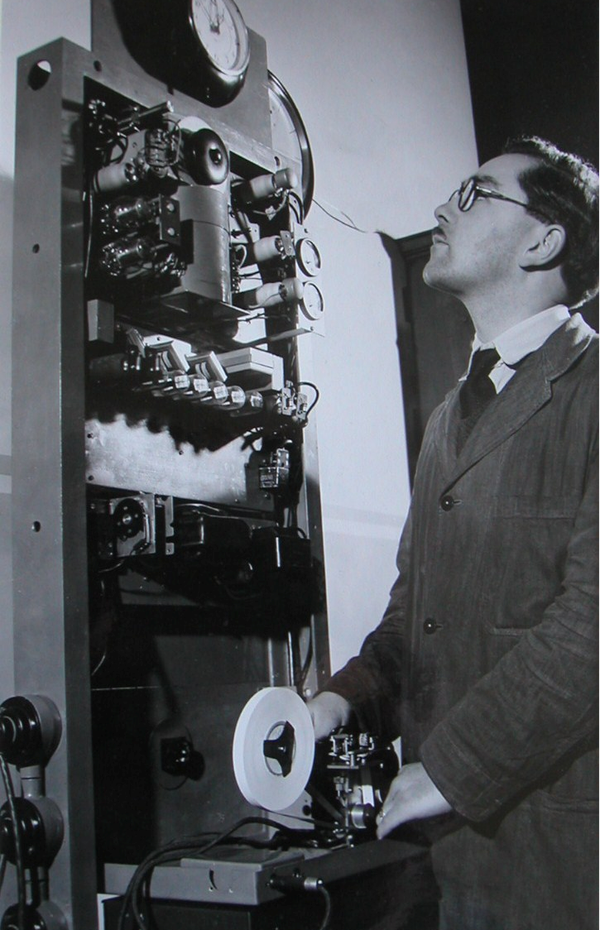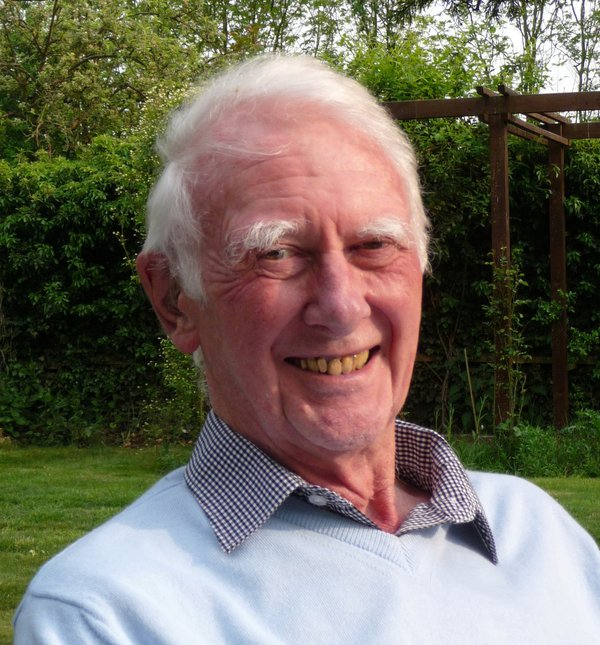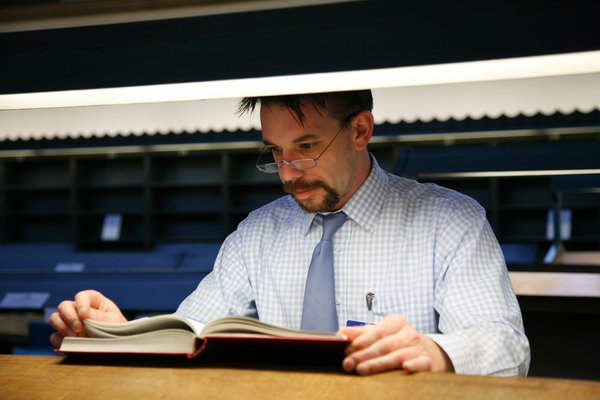Oral history in electrical timekeeping
This post was written by James Nye
In the electrical timekeeping world, whilst things kicked off in the mid-nineteenth century, there was considerable development all the way through the twentieth century, with the distribution of time becoming commonplace, and various technologies emerging to replace others over time.
There are many people alive who have worked at the heart of those emerging technologies – or witnessed their emergence – technologies such as atomic timekeeping, or the use of quartz as an oscillator, starting in research labs and ending up on countless millions of wrists.
At the first of the AHS London Lecture Series meetings at the Royal Astonomical Society in January, I was delighted to announce the launch of a project we are sponsoring in the Electrical Group – to promote the recording of oral history. Witness programs exist in many fields and prove an invaluable way of recovering and recording the fascinating and highly personal insights of people who can genuinely say 'I was there.'
Lucas Elkin, of Cambridge University Library, has kindly offered to take the lead with this project, targeting individuals with the specialist and personal knowledge we want to tap, by way of a recorded (and relaxed) interview.
One of his first subjects will be Bob Miles, who spent his career working on the early development of quartz technology. We look forward to being able to point people to the transcribed records of these fascinating conversations.
We have a list of about a dozen candidates already identified, but if the trial is successful we shall be looking for more. If you any ideas, or want to get involved, please get in touch!


